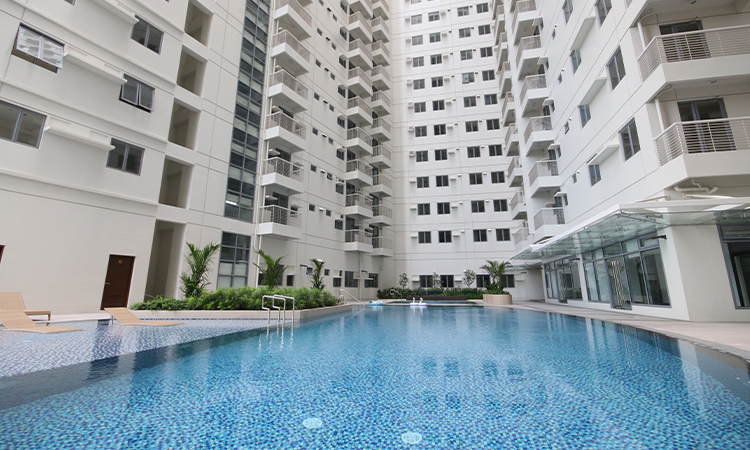
The pandemic and its effects on the global economy have negatively impacted many industries, including the real estate market. Residential properties saw a decline, which inevitably came with the uncertainties we all faced in 2020. Fortunately, buyers have been gaining back confidence and there has been a steady increase in real estate investments last year.
This trend continues as we go into the second quarter of 2022, especially as the economy recovers and the country is fully settling into the new normal. Here’s what we should expect from the real estate market this year.
A Growing Demand for Condos

As office workers slowly step out of the WFH setup, more and more professionals are considering purchasing a condominium unit in and around business hubs to be closer to their offices. This heightened demand may lead to a price increase or even the construction of new condominium complexes.
More OFWs Investing in Real Estate

Remittances from overseas Filipino workers have been steadily increasing every year, which is likely going to contribute to the demand for residential properties. According to Bangko Sentral ng Pilipinas (BSP), remittances reached $2.5 billion in November 2021 and are only going to climb up in 2022.
Millennial Homebuyers

Millennials, or the market segment aged 26 to 41, may comprise the bulk of homebuyers in 2022. This is due to their shifting priorities since the start of the pandemic, a boost in purchasing power, and the convenience afforded to them by being internet savvy.
Because of the latest developments in the real estate market and technology, Millennials can easily search for properties, reach out to real estate agents, look up property values, and find out all the information they need before buying.
A Stable Office Market
While there has been some improvement in vacancy levels in the office market due to the pandemic, leasing of office spaces will continue to stay relatively low because of the presidential elections, at least for the first half of the year. Investors will likely want to wait until after the next president has taken over to see if there are any changes in policies.
More Interest in Developments Outside of Metro Manila

Metro Manila’s more expensive properties were hit the worst during the pandemic, especially when businesses closed either temporarily or permanently and companies started to adopt the WFH setup. Suddenly, office workers don’t need to live in the city anymore, and there was nothing keeping them from moving out of the National Capital Region.
This also led to some businesses transferring to nearby provinces, developing cities, and even to business districts in Bacolod, Cebu, and Davao.
Despite the challenges of the past two years, the Philippine economy and real estate market are certainly about to bounce back as the country opens up again and inoculation rates continue to rise.




